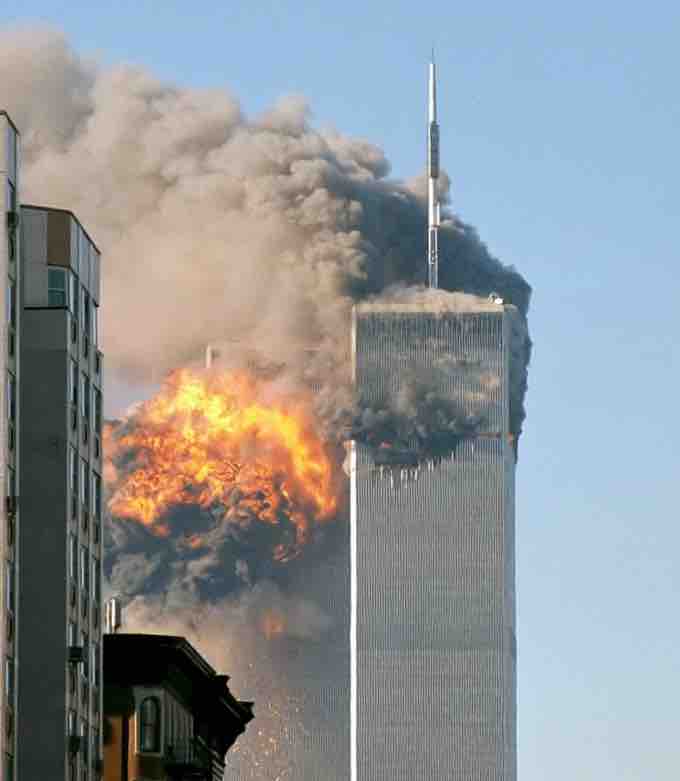The threat of terrorism is one of the greatest challenges facing the United States and the international community. Common definitions of terrorism refer to those violent acts that are intended to create fear (terror). The acts are perpetrated for a religious, political, and/or ideological goal. They deliberately target or disregard the safety of civilians in order to gain publicity for a group, cause, or individual. Terrorism has been practiced by a broad array of political organizations, including right-wing and left-wing political parties, nationalistic groups, religious groups, revolutionary groups, and ruling governments.
Islamic Terrorism
In current international affairs, the threat of Islamic terrorism, a form of religious terrorism committed by Muslims for the purpose of achieving varying political and/or religious ends, has been particularly prevalent. Islamic terrorism has taken place in the Middle East, Africa, Europe, South Asia, Southeast Asia, and the United States since the 1970's. Islamic terrorist organizations have been known to engage in tactics including suicide attacks, hijackings, kidnappings, and recruiting new members through the Internet. Well-known Islamic terrorist organizations include Al-Qaeda, Hamas, Hezbollah, and Islamic Jihad.
The 9/11 Attacks and the War on Terror
The September 11, 2001 terrorist attacks, in which members of Al-Qaeda under the leadership of Osama bin Laden hijacked and crashed four passenger jets in New York, Virginia, and Pennsylvania, left nearly 3,000 people dead. These attacks marked the beginning of the "War on Terror," an international military campaign led by the United States and the United Kingdom (with the support of NATO and non-NATO allies) against Al-Qaeda and other associated militant organizations with the stated goal of eliminating them. The War on Terror would include the military campaigns in Afghanistan and Iraq .

September 11, 2001 attacks
The attack on the World Trade Center in New York City on September 11, 2001.